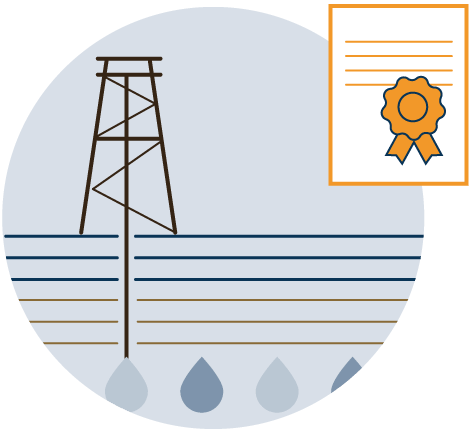As the value of mineral rights is driven up, more and more mineral owners are taking advantage of the opportunity to monetize their interests through leasing or outright sales. If you are a mineral owner, you are likely receiving more leasing and purchase offers, solicited and unsolicited.
In a hot market, the temptation is to sell mineral rights. But if the market is just beginning to heat up, you could undervalue your rights.
Timing is everything, as the old axiom goes.
When selling your mineral rights, are you negotiating the best cash bonuses and royalty share, or will you look back with deep regret in the years to come?
Selling mineral rights is never difficult. There are always buyers in the market.
However, selling at the best price, maximizing value, negotiating the best terms and finding quality buyers requires deep industry knowledge and experience.















